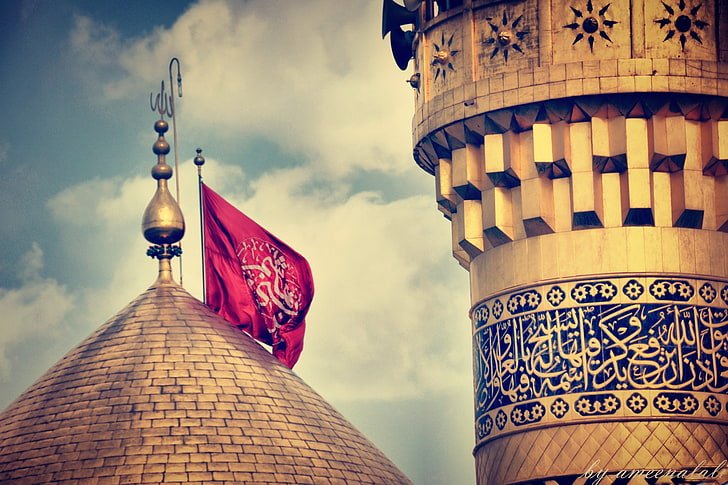The Day of Ashura, observed on the 10th of Muharram in the Islamic calendar, is a day of great importance for Muslims around the world. It is a day filled with historical events and spiritual reflection. Let’s explore why Ashura is so significant and learn about its history and the various ways it is observed.

Why Ashura Is Important
- A Day of Gratitude:
- For Sunni Muslims, Ashura is a day to fast and seek forgiveness. It marks the day when Prophet Moses (Musa) and the Israelites were saved from Pharaoh’s tyranny when God parted the Red Sea. Prophet Muhammad (PBUH) encouraged fasting on this day to show gratitude for this miracle.
- A Day of Mourning:
- For Shia Muslims, Ashura is a day of deep sorrow. It commemorates the martyrdom of Imam Hussain, the grandson of Prophet Muhammad, who was killed in the Battle of Karbala in 680 CE. Imam Hussain’s stand against the oppressive ruler Yazid symbolizes the fight against injustice.

The History of Ashura
- The Battle of Karbala:
- The Battle of Karbala took place on the 10th of Muharram in 680 CE, in present-day Iraq. Imam Hussain, along with his family and a small group of followers, faced Yazid’s large army. Despite being outnumbered and denied water, they showed great courage and refused to surrender.
- The Martyrdom of Imam Hussain:
- Imam Hussain’s refusal to bow to Yazid’s rule was based on his commitment to justice. His death is a significant event that teaches Muslims about standing up for what is right, even in the face of great adversity.

How Ashura Is Observed
- Fasting:
- Many Sunni Muslims fast on the 9th and 10th of Muharram. This fasting is a way to seek forgiveness and reflect on the blessings of God.
- Mourning Rituals:
- Shia Muslims observe Ashura with mourning rituals. They recite elegies, participate in processions, and perform plays that reenact the events of Karbala. They also gather in meetings (majlis) to listen to the story of Imam Hussain’s martyrdom.
- The Shia community engages in practices such as chest beating (matam) and, in some regions, self-flagellation (zanjeer matam) to express their grief and solidarity with Imam Hussain’s suffering. These acts are not meant to harm but to deeply connect with the pain and sacrifice of Karbala.
- Many Shia Muslims also wear black clothing and refrain from joyous activities to honor the somber nature of the day.
- Acts of Charity and Kindness:
- Muslims often perform acts of charity on Ashura. They distribute food, provide water to remember the thirst of Imam Hussain, and help those in need. These actions show compassion and empathy.

Ashura Around the World
- In Karbala, Iraq:
- Karbala is a central place for Ashura observances. Millions of Shia Muslims visit the city to take part in processions and ceremonies at Imam Hussain’s shrine.
- In Iran:
- Iran observes Ashura with large public processions, plays, and speeches. The entire country participates in these rituals with a spirit of solemnity and devotion.
- Globally:
- From Lebanon and Pakistan to India and the United States, Muslim communities around the world commemorate Ashura. While the practices may vary, the core message of justice, sacrifice, and faith remains the same.

Conclusion
Ashura is a powerful reminder of the values of justice, sacrifice, and standing up against oppression. Whether through fasting, mourning, or acts of charity, Ashura unites Muslims in reflection on their shared history and spiritual lessons. This day reminds us of the enduring struggle for what is right and the profound legacy of those who have sacrificed for truth and justice. As we commemorate Ashura, let us honor the timeless lessons it teaches and strive to embody the principles of justice and compassion in our own lives.


Keep up the incredible work!
The day of ashura is undoubtedly one of the most rememberable day as a muslim. The day of sacrifices . This blog is informative and it also signifies the entire ashura rituals.
Sacrifice is Deen Islam.
Greatest Sacrifice Till Today.